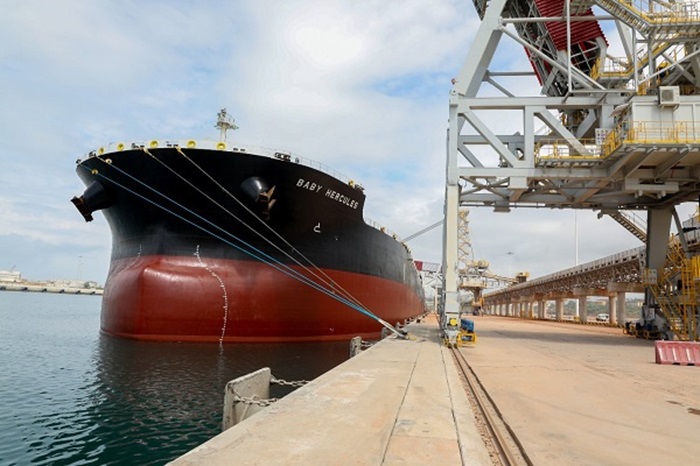The Importers and Exporters Association of Ghana has raised concerns over the country’s loss of port traffic from the Tema Port to the Lomé Port in Togo.
While Tema Port’s traffic has increased, it has not been growing as rapidly as Lomé’s Port, which has seen a significant increase from 300,000 thousand containers per annum in the early 2000s to 1.5 million containers today.
In comparison, Ghana’s Tema Port has grown from a similar level in the early 2000s to 1.2 million containers currently.
Dr George vanDyck, the lead researcher on governance, port clusters, and competitiveness within the Tema Ports under the Port Effectiveness and Public-Private Cooperation for Competitiveness (PEPP II) project, highlighted the need for Ghana to create an enabling business environment to compete with Togo.
The PEPP II project, funded by the Danish Foreign Ministry, aims to provide evidence for policymakers to utilize in decision-making processes aimed at benefiting the blue economy and enhancing port efficiency.
“Lomé, within the early 2000s, was doing 2 to 300,00 TU, which is 2 to 300,000 thousand containers per annum. Now they are doing 1.5 million. Ghana which was quite predominant in the early 2000s is now doing 1.2 million, it’s going up but not as fast as Togo is going up. So there’s a lot of competition. What do we have to do? People are saying we are leaving trade to Togo, yes, it’s about creating an enabling business environment.”
Dr. Abena Animwaa Yeboah-Banin, the Head of the Communication Department at the University of Ghana, explained that the project will allow a wider pool of researchers to contribute to the maritime world and the Blue Economy.
“It now allows a wider pool of researchers to take an interest in the maritime world, the Blue Economy. A lot more researchers than were represented in the PEPP project. For instance, now it becomes possible for people from engineering, fisheries, and physics, whose works may have something to tell the Blue Economy to take an interest and join the network so that there’s a bigger pool of knowledge being produced about the Blue Economy that can feed into policy and also work in industries.”
In his keynote address, Professor Michael Ekow Manuel, Academic Dean of the World Maritime University, emphasized the importance of adopting sustainable measures to protect the ocean, as the future of the Blue Economy depends on its preservation and sustainability.
“Preservation of our marine ecosystem is paramount. The future of the Blue Economy is green. It is now abundantly clear that we humans cannot continue to treat the oceans as what we have always done. As a pristine and inexhaustible supply of natural resources that can take every operational activity undertaken on it without thought to states it and sustainability.”
Source: Ghanaweb

